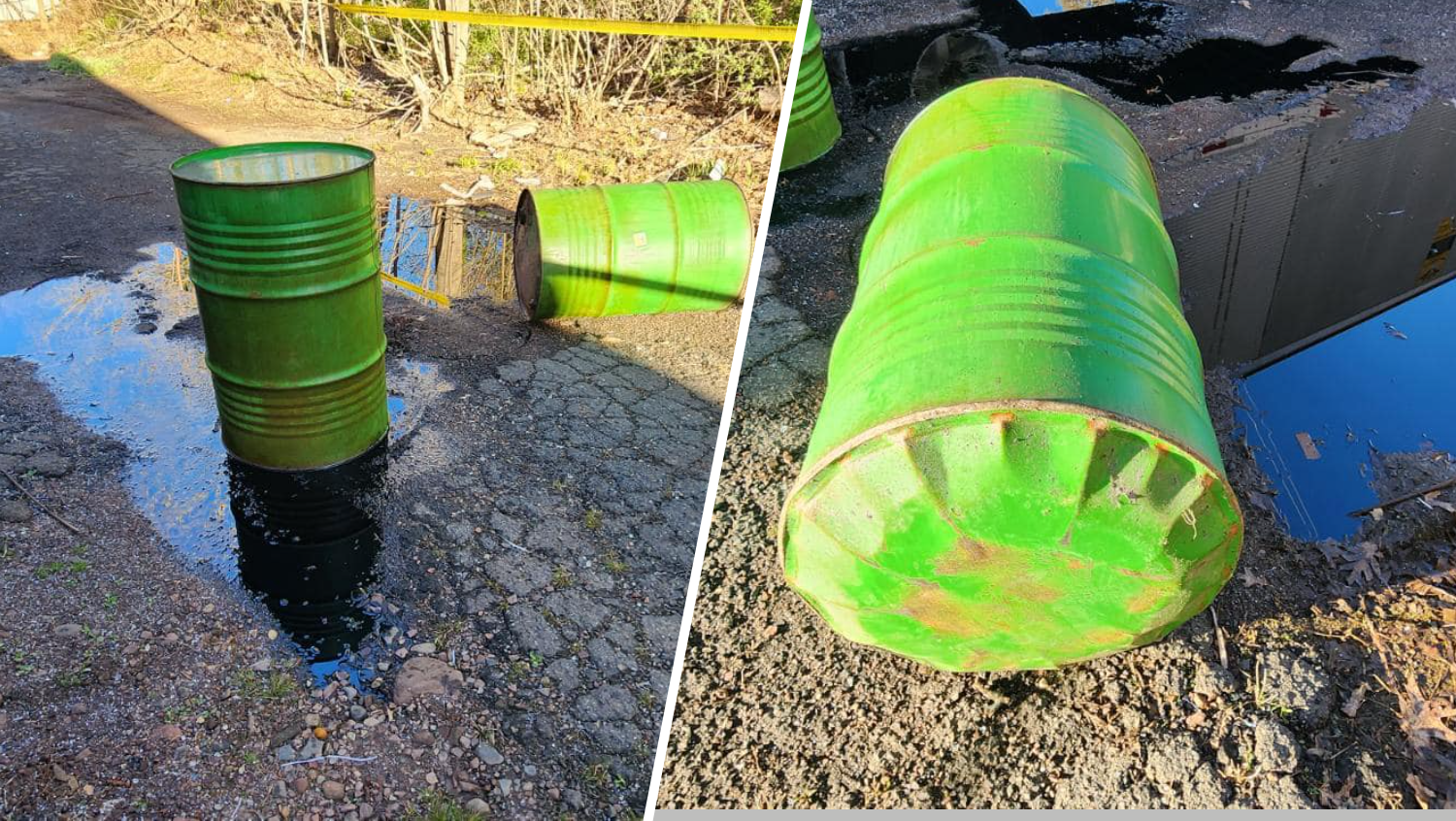As Thanksgiving approaches, in-person learning for the fall semester is winding down at colleges and universities across the country. The first semester back during the pandemic proved difficult for many institutions, overshadowed by COVID-19 outbreaks. But two New London institutions were able to avoid any large outbreaks or mass quarantines.
Connecticut College, a small liberal arts college, and the United States Coast Guard Academy, a military college, are only separated by a stretch of highway in the City of New London. Minutes apart, both institutions had different approaches to the COVID-19 pandemic. However, Conn College and the USCGA both testing to help contain the spread of the coronavirus on campus.
The Coast Guard Academy's Own COVID-19 Testing Lab
When leaders at the Coast Guard Academy began preparing for cadets to return to campus for the fall semester, it was clear that COVID-19 testing needed to be included in the plan.
"We had to have some sort of testing," said Greg Hall, who heads the Department of Science at the academy. "The confidence we need to offer in-person programs and have the cadets here, we needed to know whether there is infection going on within the corps of cadets and within our faculty and staff."
In late Spring, members of the science department learned that the US Air Force Academy had launched an in-house surveillance testing program using an academic lab to monitor the population of students.
“This was really an emergency situation so it was really all hands on deck where we looked around and said, 'Can we do this?'," explained Joshua Gray, section chief of chemistry at the academy. "And the answer was, we can.”
Local
The CGA transformed a research lab into a COVID-19 testing lab. With some equipment already in place and expertise already on staff, they launched a surveillance testing program in August.
Unlike COVID testing someone gets when he/she is showing symptoms, the surveillance testing program randomly tests asymptomatic people on campus. They conduct tests six days a week and test about 20% of the population every week.
“It lets us know what percent of the population here is unknowingly infected," said Gray. "Once we know those numbers, it lets us know how big of a problem COVID is at our base for people not showing symptoms.”
Everything happens in-house and results are usually provided to the clinic within hours. The CGA has even 3-D printed their own testing swabs to avoid running out.
Out of the approximately 3,500 random tests completed through the surveillance testing program, the academy has detected two positive cases in people who were not showing symptoms. The testing program helped them catch the cases before they were unknowingly spread across campus.
The current positivity rate on campus is .4%.
"We are a lot more confident that we can keep our base open and our education continuing so we can get our coast guard officers graduated and off to the fleet," said Gray.
Twice Weekly Testing at Connecticut College
At Connecticut College, testing has become as routine as going to class.
All students and full-time faculty members on campus are required to get tested for COVID-19 every week, twice a week.
“It is very quick. They have become accustomed to doing the nasal swabs themselves while being observed," said Victor Arcelus, dean of students at the college. "The testing routine gives us a lot of confidence.”
“In less than 24 hours, we are getting the result. The doctor gets the result, calls that individual who is positive and immediately starts engaging them in the process of separating from the rest of the community," said Arcelus.
Through regular testing, the college was able contain at least two minor outbreaks among friend groups. In both cases, close contacts were identified and quarantined before testing positive and spreading the virus further.
“Had we not had twice a week testing this could have very easily spread to many more people and would have become a much more complicated case to try to contain," said Arcelus.
Conn. College has been able to maintain in-person learning and avoid placing an entire residence hall under quarantine. The college has not had to shift to fully remote learning during the fall semester.
“We have been able to keep the semester moving forward as we had planned while addressing the immediate cases that we see coming up on any given day," said Arcelus.
“It is security for me," said Darriana Greer, a senior student at Connecticut College. "To know that everybody else on campus is being tested twice a week as well, I feel a bit more safe coming to classes."
While testing played a pivotal role in controlling the spread of COVID-19 on campus, Arcelus said that the college could not have solely relied on testing this semester.
“It is not the only piece. If students were not wearing masks, if we were not actively social distancing, then I don’t think the testing would be able to keep us from having to go to remote," said Arcelus.
The testing program will be used in the spring semester as well. Before students leave for Thanksgiving, they are required to receive a negative test result.



